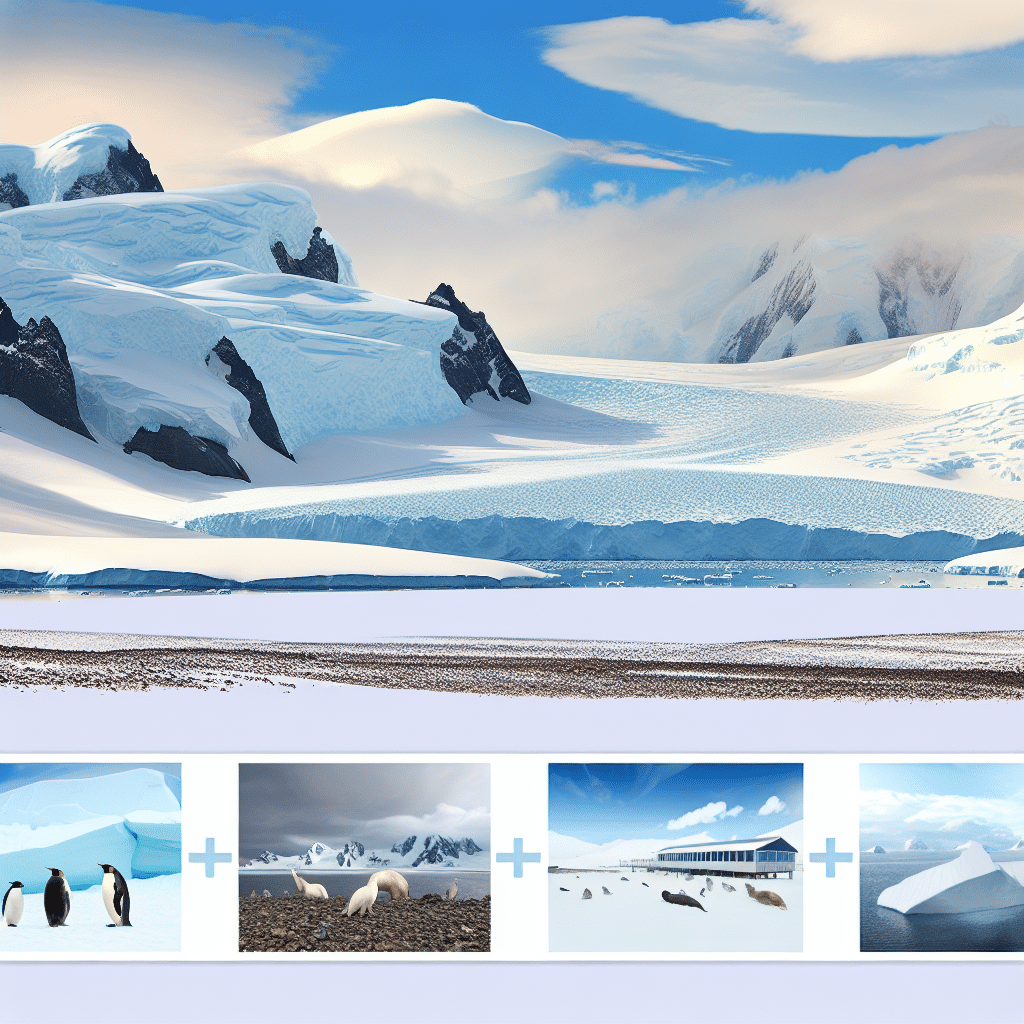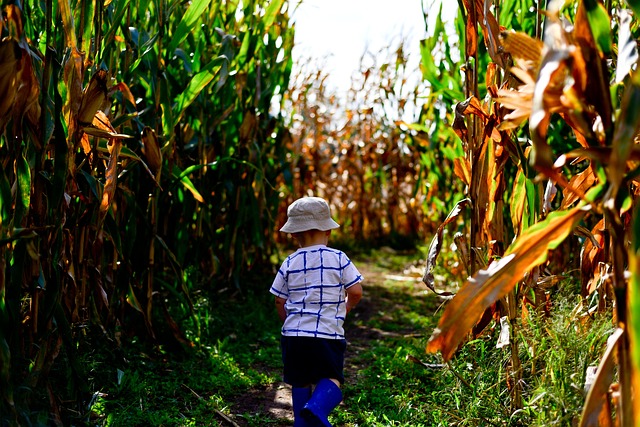Antarctica, the southernmost continent, has long piqued the interest of explorers, scientists, and adventurous travelers. Known for its staggering icebergs, unique wildlife, and breathtaking landscapes, this remote region offers an escape into the final frontier on Earth. But can you travel to Antarctica? This article delves into the logistics, the experience, and the impact of visiting this pristine wilderness.
Can You Travel to Antarctica? The Logistics of Visiting The Icy Continent
The short answer is yes, you can travel to Antarctica. However, the journey is unlike any other travel experience. Because of its extreme weather conditions, isolation, and fragile environment, visiting Antarctica requires meticulous planning and adherence to strict regulations.
How to Get There
Travel to Antarctica typically begins in one of two places: Ushuaia, Argentina, or Punta Arenas, Chile. These cities are gateways to the White Continent and home to numerous tour operators that offer expeditions. The most common way to reach Antarctica is by ship, which can take anywhere from 10 to 21 days depending on the itinerary. Cruises across the Drake Passage can be an adventurous experience, known for its turbulent waters.
For those seeking a quicker route, flights are available from Punta Arenas to King George Island, the main entry point for air travel to Antarctica. From there, small chartered flights or helicopters can take travelers further into the continent.
Choosing the Right Tour
Choosing the right tour operator is crucial to ensuring a safe and environmentally responsible journey. Reputable operators often belong to organizations like the International Association of Antarctica Tour Operators (IAATO), which sets guidelines for sustainable tourism. Tour packages vary widely, from budget-friendly options on larger vessels to luxury cruises and even private yacht expeditions. Some tours also offer specialized activities such as kayaking, scuba diving, and camping on the ice.
What to Expect: The Experience of Traveling to Antarctica
Traveling to Antarctica is unlike any other trip. Expect a sensory overload of unparalleled natural beauty and an encounter with some of the most unique wildlife on the planet.
Wildlife and Nature
Antarctica is home to an incredible array of wildlife. Visitors can expect to see several species of penguins, seals, and whales. Birdwatchers will be thrilled by the numerous seabirds, including the majestic albatross. Despite the harsh conditions, the continent’s biodiversity is astonishing.
Landscape-wise, Antarctica offers a surreal beauty. Towering icebergs, vast ice shelves, and the polar plateau create a stark and dramatic backdrop that feels like stepping onto another planet. The serene silence and untouched purity of the landscape make for a transformative experience.
Scientific Bases and History
Many tours also include visits to research stations operated by various countries. These bases provide insight into the scientific work being conducted in this extreme environment, from climate research to studies of unique ecosystems. Additionally, some tours visit historical sites such as the huts used by early explorers like Ernest Shackleton and Robert Falcon Scott, offering a glimpse into the human history of Antarctic exploration.
Why Travel to Antarctica? The Impact and Ethics
Given the pristine and delicate nature of the Antarctic environment, it’s natural to question the ethics of traveling to such a remote and unspoiled place. Responsible tourism can play a role in conservation efforts by raising awareness and generating funds for preservation.
Environmental Impact
Antarctica is one of the most vulnerable ecosystems on the planet. The presence of human visitors must be carefully managed to minimize impact. Most tour operators adhere to strict guidelines regarding waste management, wildlife interactions, and footprints left on the landscape. Tourists are often required to participate in briefings about environmental policies before their trip.
Educational Value
Visiting Antarctica can be an eye-opening experience that fosters a deeper understanding and appreciation for global environmental issues. Seeing firsthand the effects of climate change, such as receding glaciers and shifting ecosystems, can motivate people to become advocates for climate action and conservation efforts.
Cultural Exchange
Interacting with scientists and researchers provides a unique educational component to the trip. Learning about their work and the challenges they face in such an extreme environment can be an enriching experience.
Conclusion: Is Traveling to Antarctica Worth It?
So, can you travel to Antarctica? Absolutely. However, it is essential to do so responsibly and thoughtfully. Choosing a reputable tour operator, respecting the strict environmental guidelines, and appreciating the unique and fragile ecosystem are crucial steps to ensure that your visit leaves as little impact as possible.
Traveling to Antarctica is not just about ticking off a destination on your bucket list; it is about gaining a profound appreciation for one of the last untouched wildernesses on Earth. The experience can be life-changing, enriching, and deeply educational, making it genuinely worth the effort and investment.




